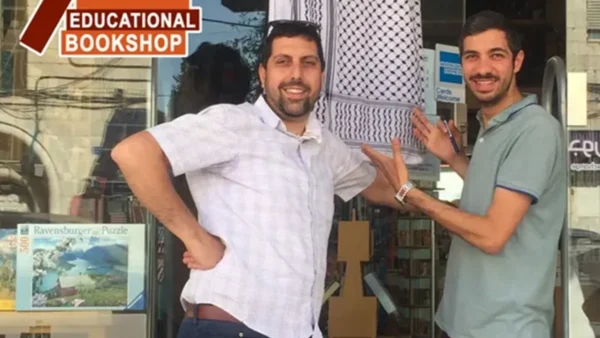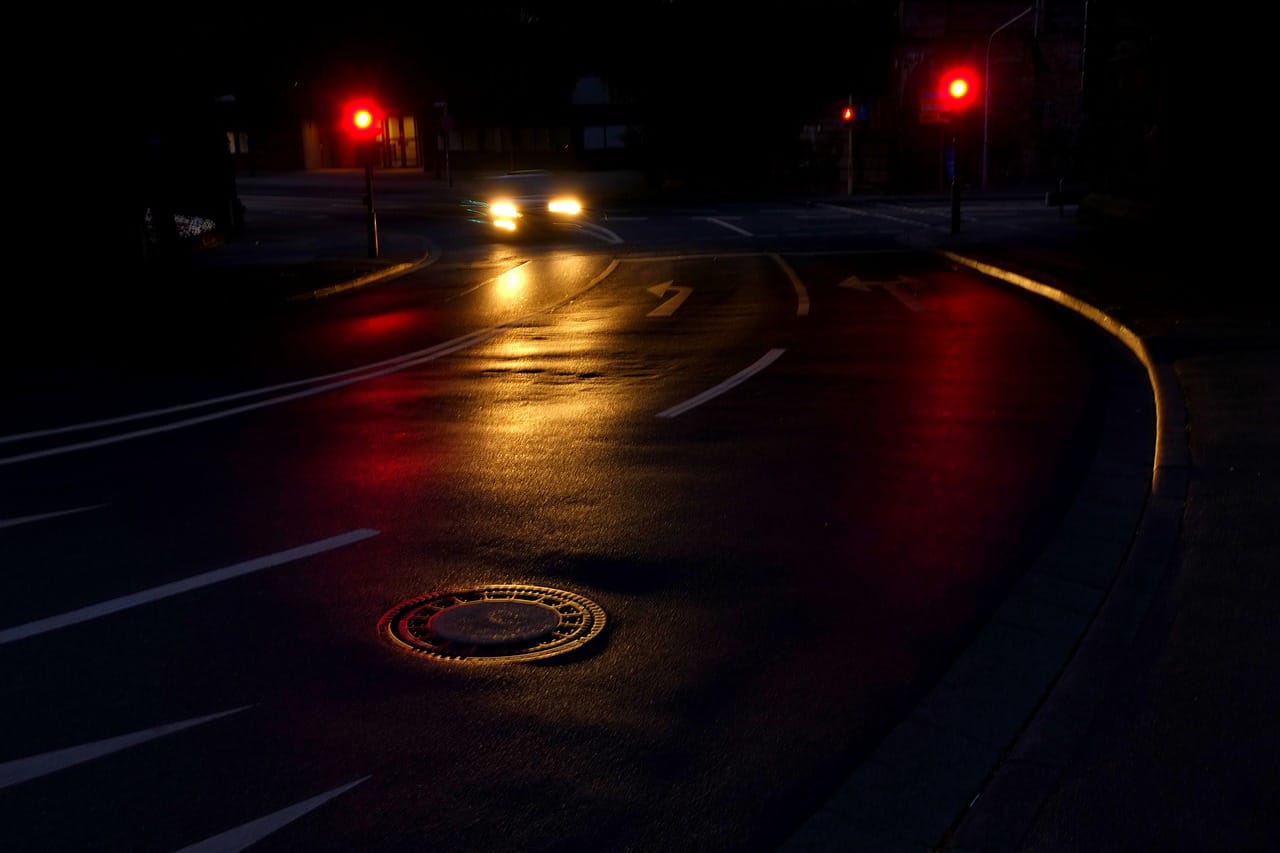Even Tolstoy and Goethe and Proust must have had the odd moment when they wondered if they really knew what they were talking about. Somehow I find that heartening.
In the course of researching my speech at Leicester University earlier this week, I discovered that last year 120,947 new books were published in the UK (source: Nielsen Bookscan).
I found this quite depressing, not just as a writer but as a reader. As a writer, of course, it makes me worry about how hard it will be to get my book noticed among 120,946 others, and also about whether the world really needs another book at all. But the more I thought about it, the more I realised its implications for me as a reader.
I don’t count how many books I read, but I’d guess it averages out to a couple a week, so possibly a hundred in a year. A hundred out of 120,947. Of all the knowledge contributed to the world in the UK each year, I am accessing less than 0.1% of it. And that’s only books published in the UK.
And when I thought about it some more, I realised that a lot of the books I read are not newly-published. I spend a lot of time catching up on the millions of books published in the centuries before I was born. The British Library helpfully estimates that to get through all 14 million books in its collection would take about 6,000 years.
My point? I don’t know anything more than a tiny, tiny slice of what there is to know. Of course that doesn’t mean that I can’t have opinions. But it does mean that I should be humble, and always be willing to admit that I’m wrong, that there’s a lot of stuff I just don’t know about.
There is a bright side, however. Actually, two bright sides, if that’s metaphorically possible.
For one thing, quite a lot of those 14 million books in the British Library are ones I could quite happily do without reading.
For another thing, nobody else knows anything very much either. Even an avid reader couldn’t get through more than a few hundred books a year, still a tiny fraction of the whole. So all anyone can hope for is either to be an expert on some tiny subject or to have a broad knowledge with lots and lots of gaps. It’s heartening for me to remember that just as I have a deep insecurity about all the things I don’t know, so must Salman Rushdie. So must Barack Obama. So must all the critics, all the journalists, all the TV talking heads. Even Tolstoy and Goethe and Proust must have had the odd moment when they wondered if they really knew what they were talking about.
Somehow I find that heartening. It’s like the old trick of losing your fear of someone who intimidates you by picturing them on the toilet. It’s a reminder that we’re all human. No matter what we say or how many pretences we go through, we’re all human, and none of us knows very much at all.



There are 2 comments
I’ve often thought the same thing. As a reader, it makes me panicky that there are thousands of books I still need to get to. And then I realize I don’t read so much to learn as to enjoy myself. Which accounts for the bulk of fiction I read. Lately, though, I’ve been more aware of the need to educate myself in some things about the world I didn’t use to care about. But how to balance between pleasure and learning? I find that my mind meanders a lot towards the learning, but then when it’s time to pick a book up, I usually go for the pleasure reads.
The situation may be worse than you think. UNESCO tracks the number of books published per country per year and puts the U.K. figure at 206,000 in the last year for which figures are available
https://en.wikipedia.org/wiki/Books_published_per_country_per_year.